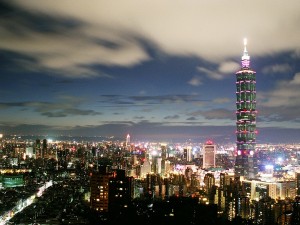That star up there. No, a little to the left. Can you see it? No? You can’t see it at all? That’s a datapoint for the German scientists trying to measure light pollution all over the world.
As city lights get brighter, light pollution gives city dwellers brighter nights and leaves them with fewer visible stars. The Loss of Night app tries to measure the amount of artificial light illuminating the night sky by asking users whether they can see certain stars. If you download the app, it will guide you to identify the faintest star you can see, then use that data to determine the night sky’s brightness in your city. As the app picks up users around the world, scientists will receive crowdsourced data on light pollution wherever the app is used.
It turns out you don’t need to be an astronomical genius to help quantify the dark, though you do need to own an Android phone. The app will also teach you the names and locations of some stars and constellations, but since it’s designed to quantify changes in city lights taking it camping is definitely cheating.



